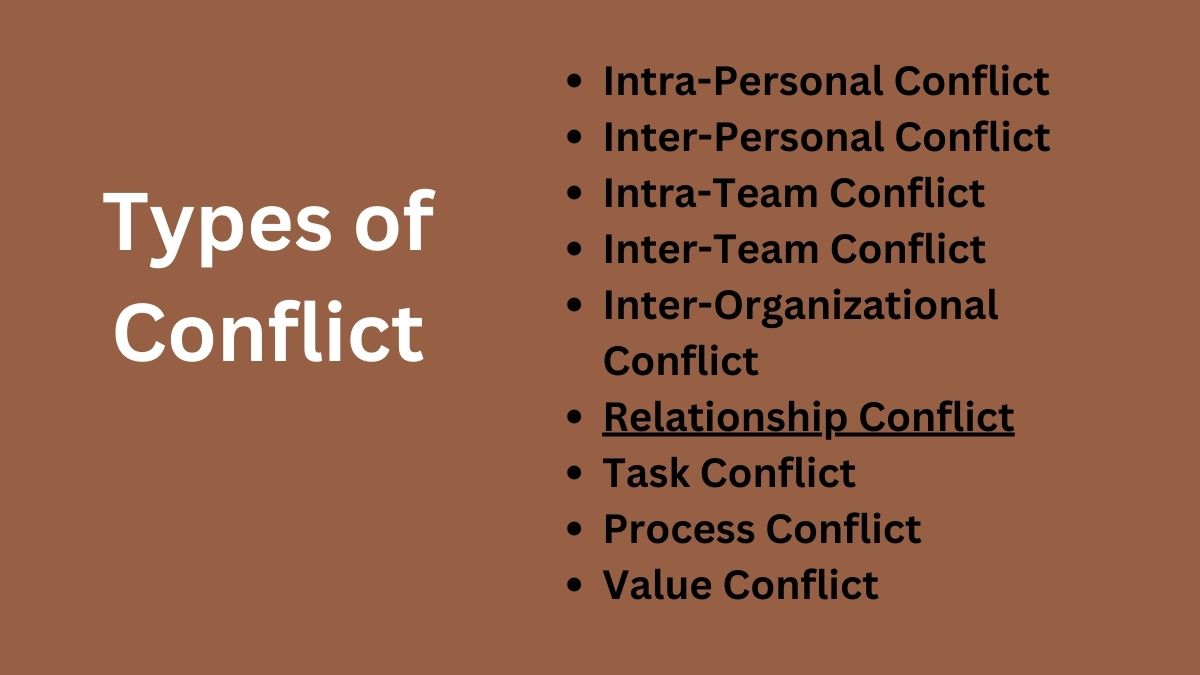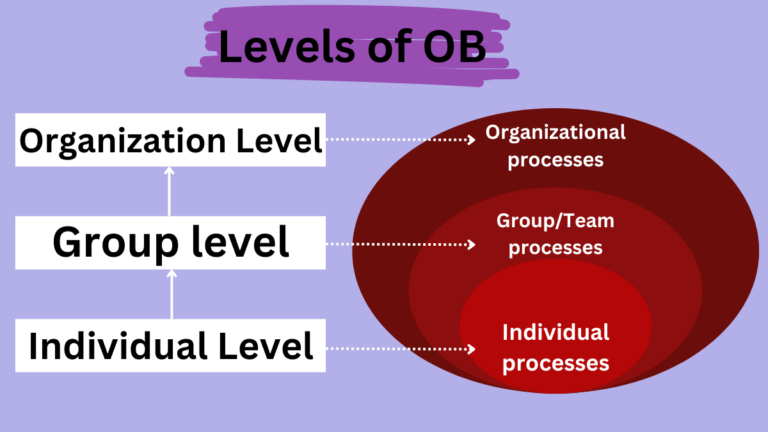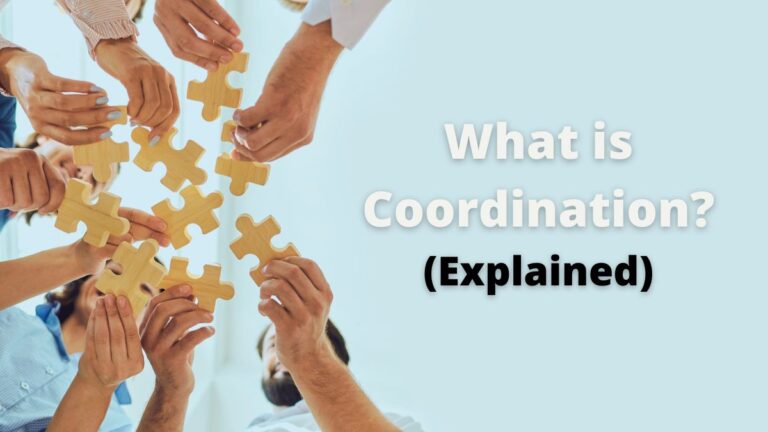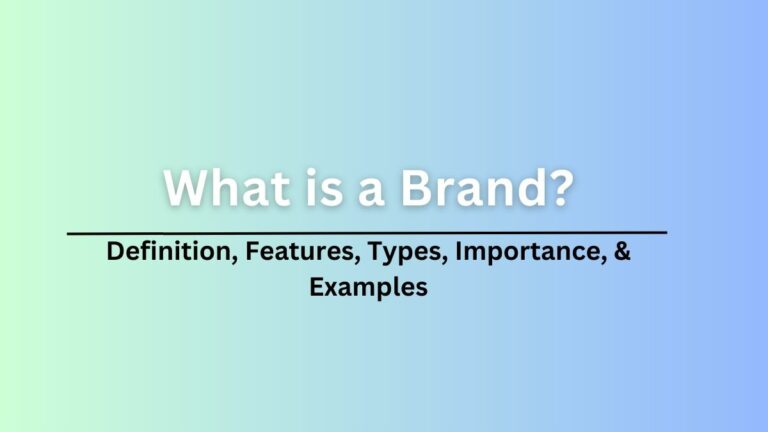9 Types of Conflict Found in the Organization [Explained]
Types of Conflict
Conflict is natural in organizations. Types of conflict are broadly classified into two bases – involvement and reasons for conflicts. As such, types of conflicts in the workplace can be presented below:
Types of Conflict Based on Involvement
Based on involvement i.e. who is involved in the conflict, the conflict can be classified into five following types.
Intra-Personal Conflict
Intra-personal conflict arises within an individual. This is the conflict between two or more roles of an individual.
When a person must decide between two desirable options that are equally desired or between two bad goals, intrapersonal conflicts happen. Under these circumstances, a person becomes confused about the roles, priorities, and alternative processes to select.
Inter-Personal Conflict
Interpersonal conflict arises between two or more individuals. Interpersonal conflict is probably the most common and widely recognized conflict in the workplace.
This kind of conflict can arise between two managers because of rank differences, between subordinates because of role conflicts, between managers and subordinates because of authority delegation, or between subordinates and managers because of role conflicts.
Intra-Team Conflict
Intra-team conflict occurs between the members of a team. Conflicts between team members who are on the same team might arise over concepts, roles, plans, policies, and procedures.
When there is polarization in the conflict, the team performs worse. However, such a disagreement can also be leveraged to generate better concepts, options, and methods of doing existing activities.
Inter-Team Conflict
Inter-team conflict arises between two or more work teams in the organization. This conflict is also called inter-group conflict or inter-departmental conflict.
Related: Causes of Workplace Conflict
To accomplish their individual team goals, team members negotiate resource allocation and assign importance to specific tasks, management procedures, etc. Because of disparities in their individual aims, competition for access to resources, organizational priorities, incompatible goals, cooperative decision-making, etc., various functional teams within the company may come into conflict with one another.
Inter-Organizational Conflict
Inter-organizational conflict arises between two or more organizations involved in providing the same type of product or service. These conflicts may be related to because of competition, variation in quality, price, quantity, service, or product delivery. The conflicts between suppliers and buyer organizations, or conflicts between similar organizations are examples of inter-organizational conflict.
Types of Conflict Based on Reasons for Conflict
Based on the reasons for conflicts, conflict types can also be of four types. They are;
Relationship Conflict
Relationship conflict occurs because of differences in personality, interpersonal differences, attitudes, matters of interest, taste, etc. among employees. This conflict occurs intrinsically by the individual and is not related to the task of the firm.
In the workplace, people who do not meet usually, and when they are grouped together to work for a specific purpose, relational conflicts are common. However, people should make an effort to be comfortable together, try to manage such conflicts themselves, and only reach the manager if differences among them can not be managed by themselves.
Task Conflict
Task conflict is the most common conflict in organizations. Often it is simple to resolve. Task conflicts occur because of role ambiguity on tasks to be performed, processes or procedures of doing tasks, work overload, the judgment of the tasks, and interpretation of facts.
Whenever employees feel confused about their roles and responsibilities task conflict arises. As such, as a manager, you should be able to delegate the right task to the right employee, develop acceptable work procedures, and invite employees to discuss how to best do the work.
Process Conflict
Process conflict occurs when employees confront each other on how work should be completed. It is related to the process of doing work at the workplace.
This may be because of the lengthy work process, the work process that results in low productivity, as well as a disagreement between management and employees on how tasks are to be completed.
Value Conflict
Value conflict is related to norms and held beliefs among employees. When the organizational norms and values clash with the norms and values of employees working value conflicts arise. Thus, it is necessary to make decisions considering the values, norms, religion, and ethics of individual working.
Read Next: Strategies To Manage Conflict
Sajan Kushmi is a content writer with more than 4 years of experience. He holds BIM Degree. He write on the topics related to Management, Marketing, and Entrepreneurship.






